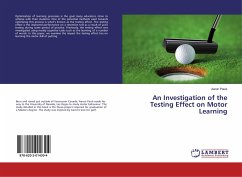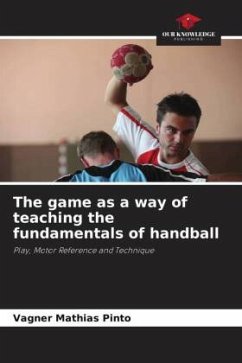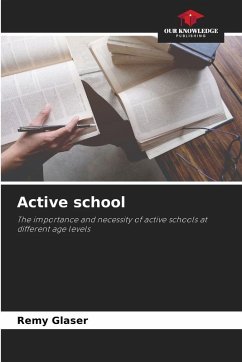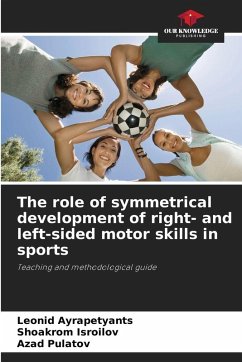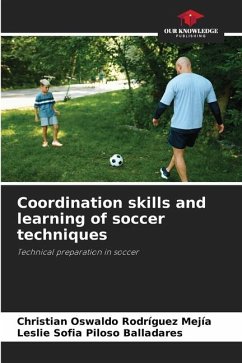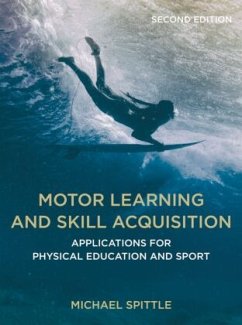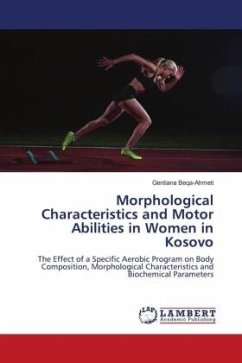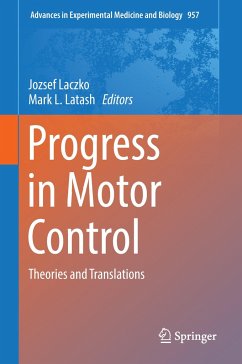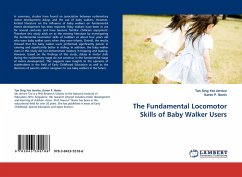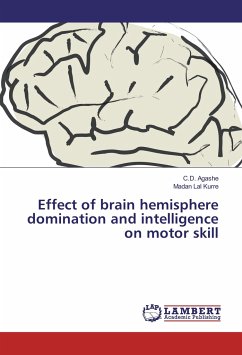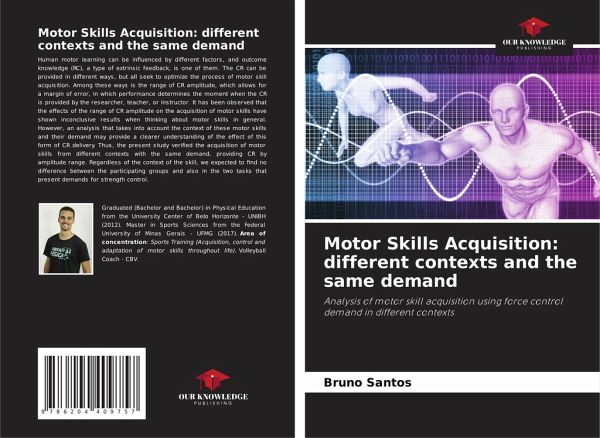
Motor Skills Acquisition: different contexts and the same demand
Analysis of motor skill acquisition using force control demand in different contexts
Versandkostenfrei!
Versandfertig in 6-10 Tagen
36,99 €
inkl. MwSt.

PAYBACK Punkte
18 °P sammeln!
Human motor learning can be influenced by different factors, and outcome knowledge (RC), a type of extrinsic feedback, is one of them. The CR can be provided in different ways, but all seek to optimize the process of motor skill acquisition. Among these ways is the range of CR amplitude, which allows for a margin of error, in which performance determines the moment when the CR is provided by the researcher, teacher, or instructor. It has been observed that the effects of the range of CR amplitude on the acquisition of motor skills have shown inconclusive results when thinking about motor skill...
Human motor learning can be influenced by different factors, and outcome knowledge (RC), a type of extrinsic feedback, is one of them. The CR can be provided in different ways, but all seek to optimize the process of motor skill acquisition. Among these ways is the range of CR amplitude, which allows for a margin of error, in which performance determines the moment when the CR is provided by the researcher, teacher, or instructor. It has been observed that the effects of the range of CR amplitude on the acquisition of motor skills have shown inconclusive results when thinking about motor skills in general. However, an analysis that takes into account the context of these motor skills and their demand may provide a clearer understanding of the effect of this form of CR delivery. Thus, the present study verified the acquisition of motor skills from different contexts with the same demand, providing CR by amplitude range. Regardless of the context of the skill, we expected to find no difference between the participating groups and also in the two tasks that present demands for strength control.



